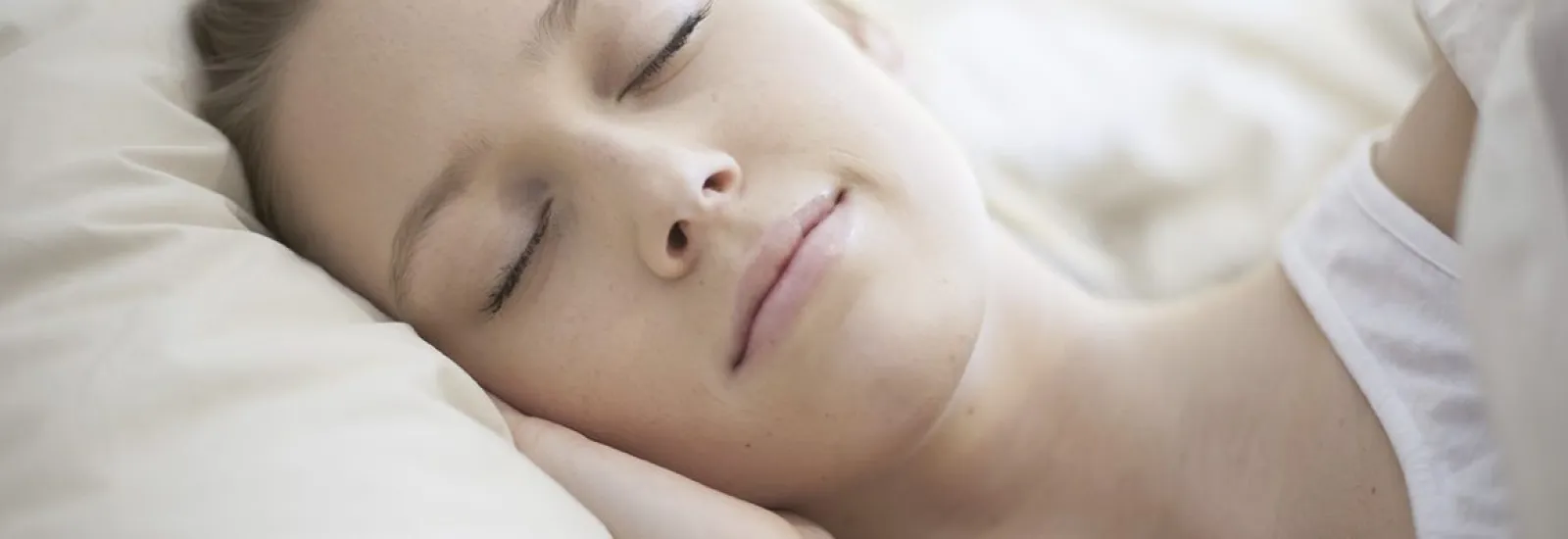
Treatment
The treatment of sleep apnea depends upon the cause and severity revealed by the all-night sleep study. In mild sleep apnea, breathing during sleep can sometimes be improved by developing better sleep habits and avoiding alcohol and sedatives near bedtime. Weight loss can be helpful in obese individuals, while changing body position during sleep helps others.
When sleep apnea or obstructive sleep apnea is suspected, we will monitor your sleep breathing patterns in our sleep laboratory. To do this, we will ask you to sleep overnight in one of our designated sleep rooms where we will attach various sensors to your skin. These sensors monitor your brain electrical activity, nose and mouth airflow, breathing patterns, heart rhythms, oxygen level and muscle activity.
While you’re sleeping, a trained technologist monitors these measurements along with your sleep habits. After the all-night sleep study (or polysomnogram) is complete, your information will be transferred to a specialty sleep physician for evaluation.

